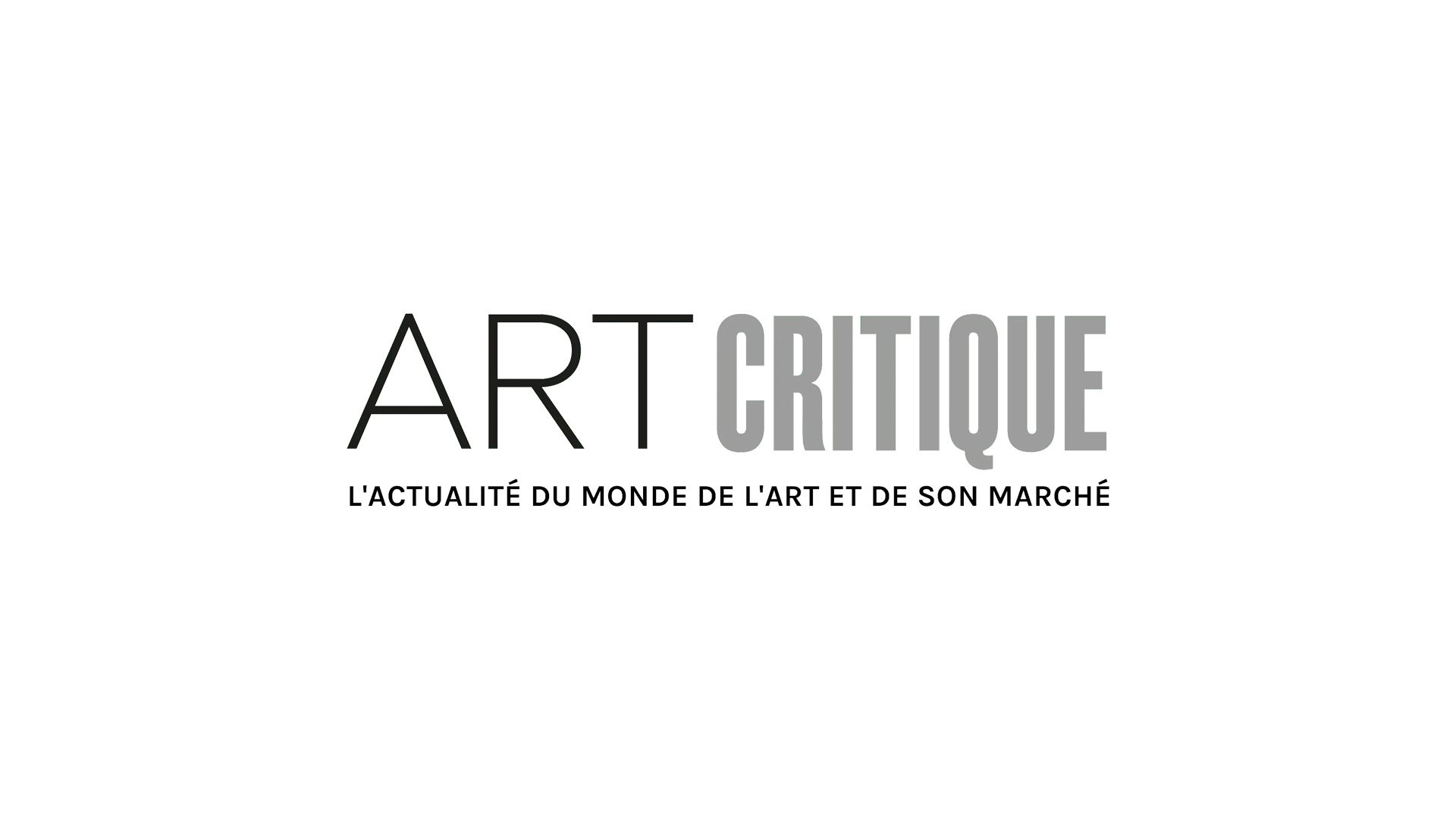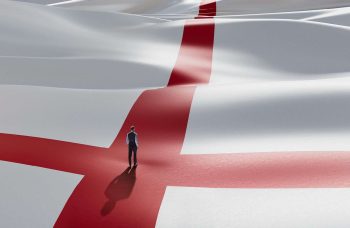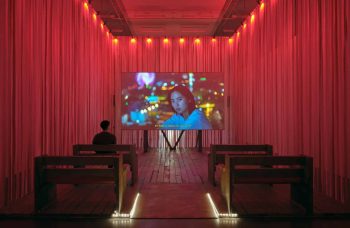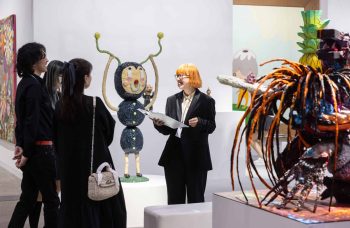Ai Weiwei’s sojourn in Los Angeles will begin with three simultaneous exhibitions, fitting for an artist whose commentary on the global refugee crisis has brought him worldwide renown. His shows are ongoing at the Marciano, the Jeffrey Deitch gallery, and the UTA Artist Space. This autumn, LA will enjoy the most comprehensive display of Weiwei’s work that the city has ever seen.
The exhibition at the Marciano boasts the return of his works Sunflower Seeds and Spouts, and it is also showing a brand-new work called Life Cycle. Luciana Bellini of Tatler has called the Marciano exhibition the most impressive.
As detailed in Travel and Leisure, Weiwei’s work is often concerned with migration, and the new Life Cycle is demonstrative of that concern. This past summer, Weiwei traveled across Bangladesh with his 9-year-old son where he observed the displacement of Rohingya refugees fleeing persecution in Myanmar, while also doing research for his next film.
His last film, Human Flow, released in 2017, was a documentary about the global refugee crisis. In the movie, he considers the ramifications of political violence as well as climate change that have generated an unheard-of refugee crisis – one that has led to 65 million people being forced out of their homes.
“The refugee crisis is so big and so real, I don’t think I have one show that can completely cope with that,” said Weiwei in reference to his attempts to treat the crisis with the seriousness it deserves.
Life Cycle is a reinterpretation of a previous work that dealt with the 2015 refugee crisis. It is a “sculptural response” that shows a makeshift inflatable boat, such as those used in the Mediterranean by refugees trying to cross into Europe; this time, the boat is made of bamboo rather than PVC rubber, using a traditional technique applied to Chinese kite-making.
Life Cycle is another piece in a growing body of work that deals with migration. The artist himself was displaced as a child, writing this past February, “I was a child refugee. I know how it feels to live in a camp, robbed of my humanity.”
Weiwei, who now lives in Berlin with his partner and son, was recently told by a Chinese official that the next time he returned to the country they would not let him out. In August of this year, his studio in Beijing was demolished without warning by the Chinese government. In 2011, the same thing happened to his Shanghai studio.
Weiwei’s exhibition at the Marciano runs until March 3, 2019. At the Jeffrey Deitch gallery, he is on display until January 5, 2019. His show at the UTA Artist Space is ongoing.





